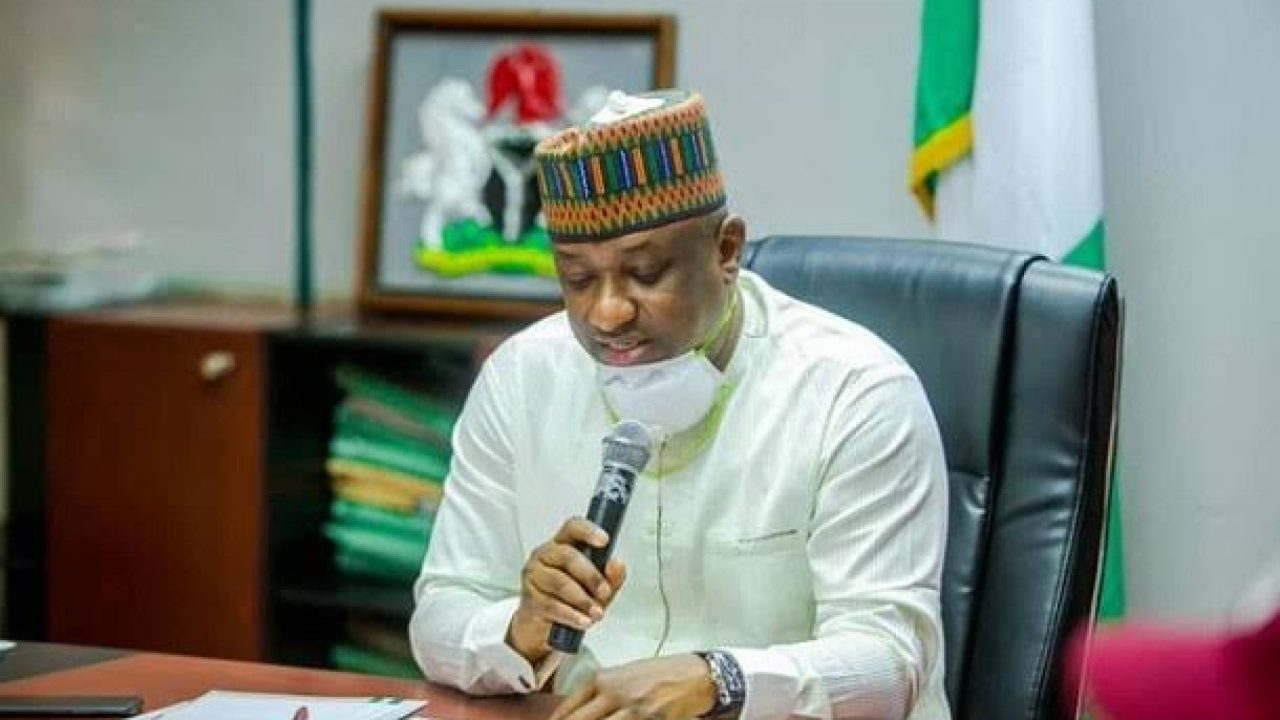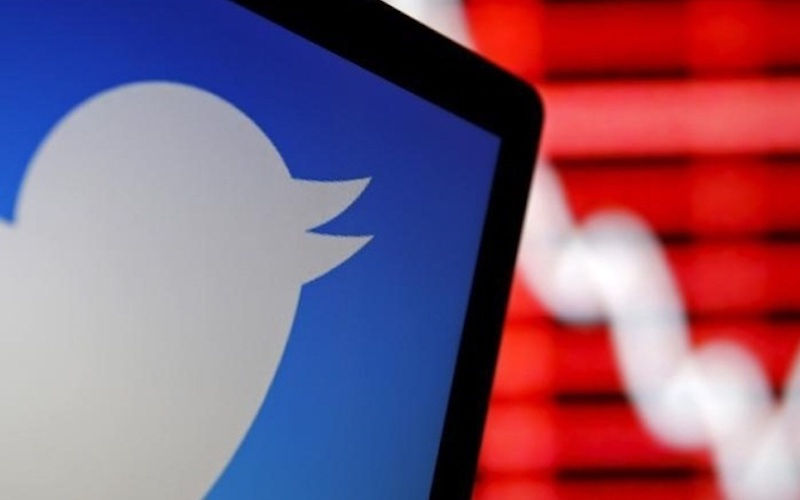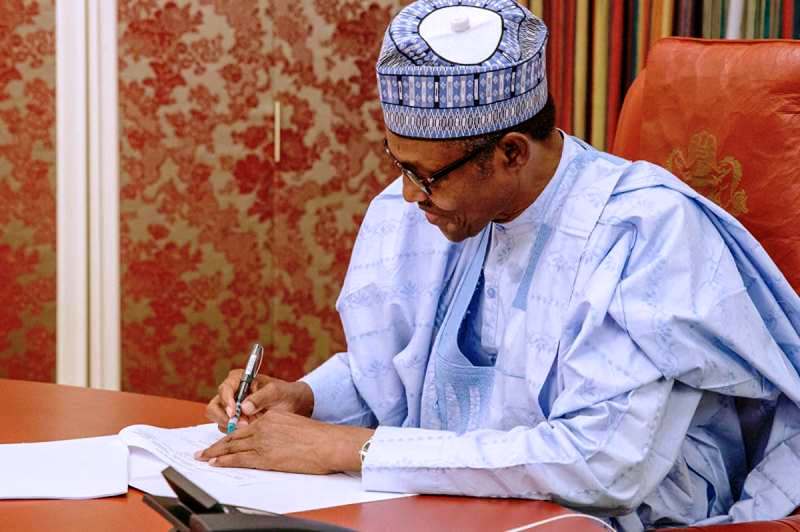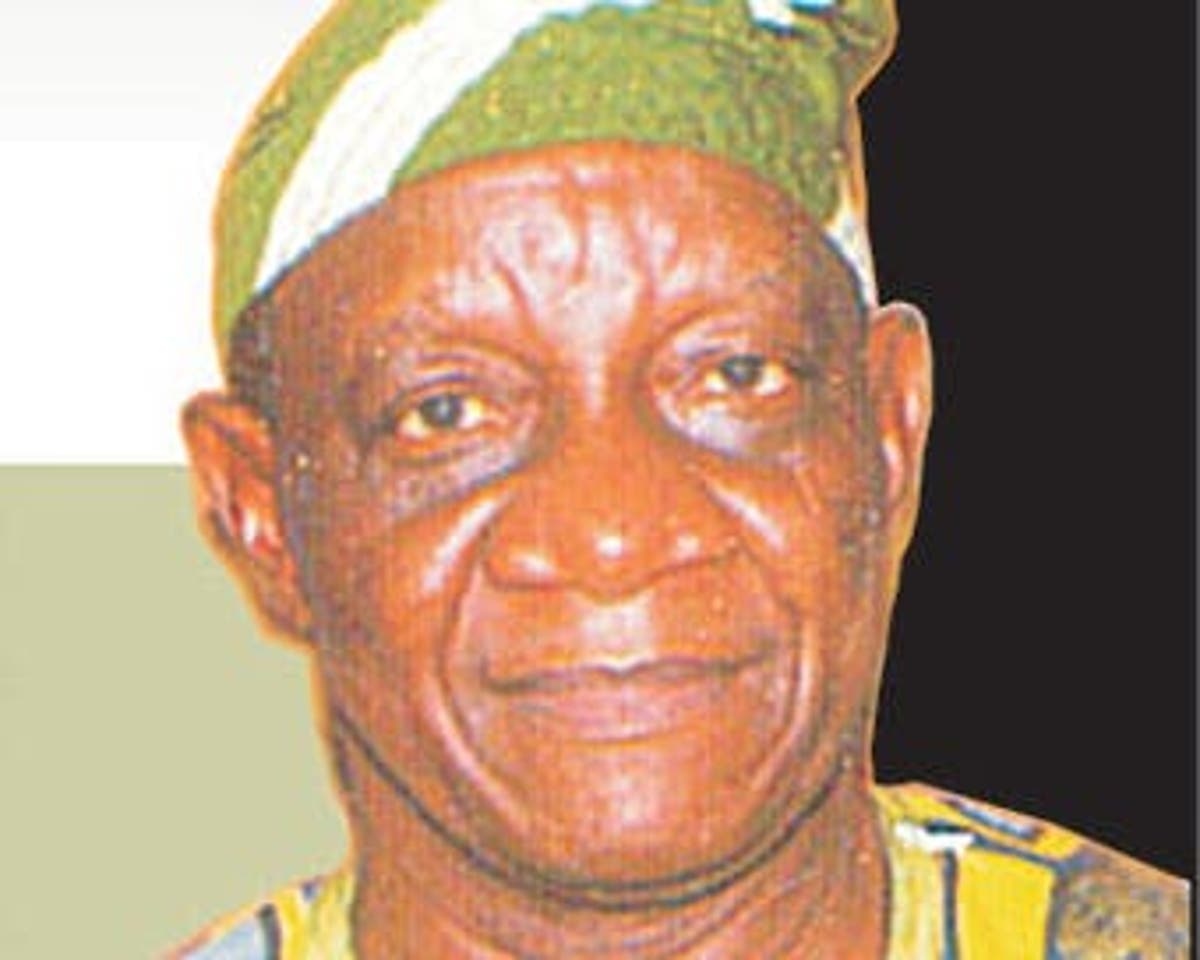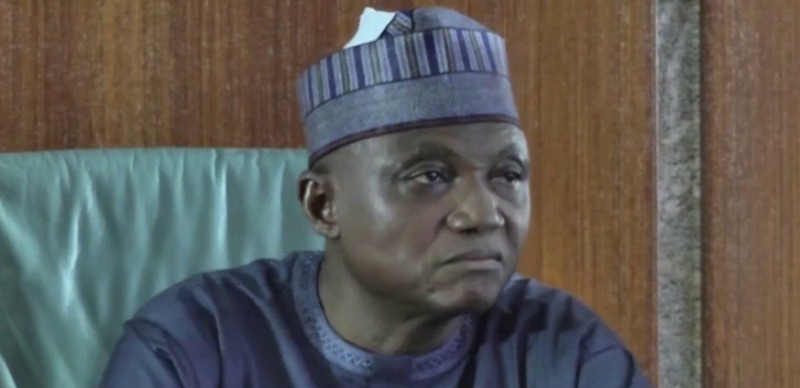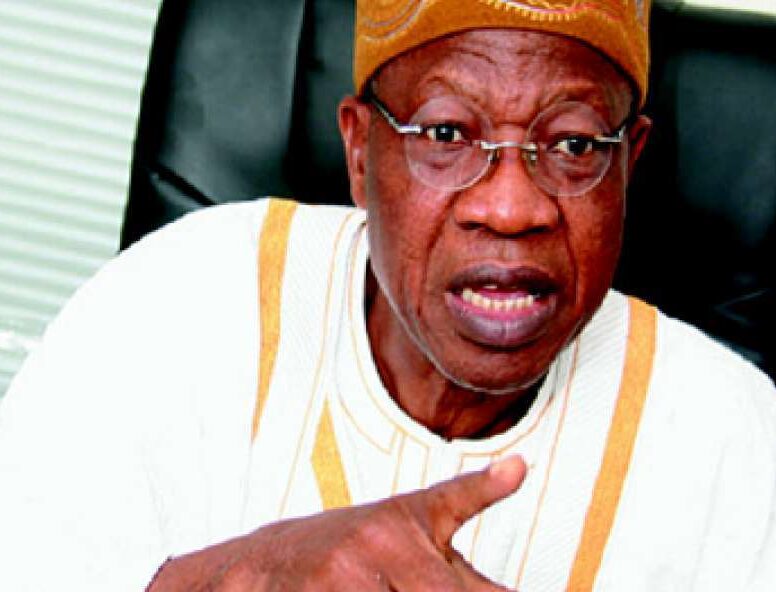Dele Sobowale
“The rate of change in our time is so swift; that an individual of ordinary length of life, will be called on to face novel situations which have no parallel in the past. The fixed person for the fixed duties; who in the old society, was such a God-send, will in the future be a public danger.” Alfred N Whitehead, 1861-1947.
The rate of change before 1947, which Whitehead called “so swift” would today be regarded as standing still. He died two years after World War II ended. During that war, the earliest reports of combat would reach the developed countries three days after they took place. African countries got to know a month or so after. Even then the details were sketchy. The world’s latest conflict between Israel and Palestinians in Gaza was brought to us as the bombs and rockets were flying– on television, on GSM sets, on the go and wherever we were.
Whitehead in his wildest imagination could not have foreseen such eventuality. The rate of change now is simply bewildering. Nobody can keep pace with all the changes taking place globally everyday anymore. That invariably means that even the best prepared, well-educated and up-to-date leaders are frequently caught on the wrong foot with respect to certain events. British Prime Minister Boris Johnson is as brilliant as anyone would expect of a head of government. He was in parliament for years before becoming PM. So, he could be presumed to be totally familiar with the majour issues confronting our world. COVID-19 almost clobbered him. He is still struggling with the consequences of BREXIT.
“A man cannot gradually expand his mind; as he does his house.”
Alexis De Tocqueville, 1805-1859.
By contrast, Nigerians went back to 1985 to resurrect a leader who had demonstrated no interest in issues affecting our lives since he was forced out of office then. With his known educational qualification, on which nothing had been built, he could not rightly be expected to understand global economics and finance, environmental issues and the internet in all its ramifications. Majority of voters in 2015, and again in 2019, voted for a leader who could only be described as “the best General for another war” – not the ones we are now fighting.
Some of those who got us into what can only be described as “Buhari trap” acted with good intentions. At least, I can vouch for late Prince Tony Momoh, from conversations with him when he was Chairman of Congress for Progressive Change, CPC, that he believed strongly that Buhari was ready to govern with respect for the rule of law; that he would be a President of all Nigerians; and he would appoint Advisers and Ministers who will help to correct his deficiencies. Virtually all the members of the six legacy parties – Action Congress of Nigeria, ACN, All Nigeria Peoples Party, ANPP, Congress for Progressive Change, CPC, All Progressives Grand Alliance, APGA, Democratic Peoples Party, DPP, and the Peoples Democratic Party, PDP — laboured under the same collective delusion that they could create a modern leader of a democracy out of Buhari. We are all witnesses to the fact that their dream has turned to a national nightmare – which is now tending towards national self-destruction. Here is why.
FOUR PILLARS OF BUHARI’S PERSONALITY
“Personality is to a man what perfume is to a flower.”
C M Schwab, 1862-1940, VANGUARD BOOK OF QUOTATIONS, VBQ p 186.
I first became uneasy about Buhari’s personality in 2010 when called upon to help develop the CPC Economic Blueprint for governance. Four pillars of the candidate’s character gave me serious concern. First, he is a Fulani feudalist. Second, he is a Muslim fundamentalist who might, under the right set of circumstances, join or lead a Jihad. Third, his only known career was the military. Fourth, by today’s standards among world leaders, he was badly-educated and had very little experience in democratic governance. Given my personal experience and readings while compiling the book of quotations, I asked his promoters questions in 2010-2011 and 2014-15 about all these and received the same answer. The party will curb his tendencies. At any rate he had agreed to be subjected to party supremacy. I was sceptical. It is almost impossible for an individual to change his behaviour after the age of 40. The man was 70. But, the fact that he led the CPC, the smallest party among the six gave room for optimism. In the end it was false hope.
“Habit is stronger than reason.” Prof. Dorfmann.
Obviously, it was easier for candidate Buhari to promise his political associates that he had embraced democracy and would respect the rule of law than for President Buhari to honour his pledge. His first forty appointments in 2015 revealed the Fulani feudalist, the pro-Muslim leader, the military leader and the slow thinker on account of education and lack of preparedness.
Without realising it in 2015, the majority of Nigerian voters had elected a “fixed person” for duties which were no longer fixed, had become more complex in fact, and which required leaders with boundless creativity, who acquire new knowledge virtually daily and who read a lot. It was not Buhari’s fault that he was of limited quality and cannot cope with the rapid changes we now experience. The fault was ours. It was not Buhari’s fault that while all other elected leaders submitted their list of top level appointees within three or four days, it took five months before we got the list. The fault was ours. His better educated spokespersons even excused the unprecedented and odd delay by saying that “the President did not want to make a mistake”. Did we end up with better quality Ministers? Nobody in his right senses would say “Yes”.
Four years of the empty “Change” slogan, during which we became the poverty capital of the world and added nearly 20 million more Nigerians to those living in serious deprivation should have been enough reason to send the man back to Daura. But, by then the All Progressives Congress, APC, had become a one-man party. Those who assured me that the party will curb Buhari’s tendencies were begging for appointments at Aso Rock – only to go and pledge their loyalty.
FROM FULANI HERDSMEN TO TWITTER BAN – A SHORT STEP
“I have not changed.” President Buhari, in TV interview, June 2021.
Now, let us move fast forward; because time is not on our side. Nobody can bet a kobo that a majour conflict will not follow the current anarchy – which was predicted when APC adopted NEXT LEVEL as its campaign slogan in 2018-19. I warned Nigerians then that the “Next Level Is Pure Anarchy”. We are in it now. The Next Level might also bring self-destruction. Let me quickly explain.
But, before that, permit me a small diversion. As soon as Buhari finished that interview, I called one of his most ardent supporters in 2015.
“Did you hear that statement “I haven’t changed”?
“Yes, Dele, you were right in 2015, the man can never change.”
That is precisely the heart of the problem. The world and Nigeria have changed several times since 1985; and a coalition of desperate politicians had gone out to drag into leadership a person still firmly stuck in the last century. President Buhari had in the last six years demonstrated how we were headed for self-destruction in many ways. Read his June 12, 2021 address, packed full of absolute falsehoods (“we lifted 10 million Nigerians out of poverty” for instance); and read the latest World Bank report on poverty in Nigeria (7 million Nigerians went below the poverty line in 2020 alone). It is easy to see how far removed from reality our leader is. He now heads a government of people so blatantly wedded to spreading false news when it serves their purpose, you must wonder if the officials realise that they will leave office one day and confront the lies they are telling the public. But, that is only a diversion. The main point here is grazing routes and Buhari’s position on it; as well as what it reveals about the herdsmen menace to the rest of us non-Fulanis,
“What I did was to ask him [Minister of Justice Malami] to go and dig the gazette of the First Republic when people were obeying laws. There were cattle routes and grazing areas….” President Buhari recently announced. With that pronouncement all the four pillars of Buhari’s profile were presented intact. His deficient grasp of history and logic was clear.
That he was defending Fulani herdsmen’s right to unlimited access to lands in every part of Nigeria might not be so obvious to most people. But, his emphasis on Fulani tradition of animal husbandry made it very clear that as far as the Fulani President of Nigeria is concerned, his first and perhaps only priority is to force the rest of the 250+ ethnic groups to accept occupation of their ancestral lands as a condition for peace everywhere. It is now clear that the massive invasion of other parts of Nigeria, while the Federal Government turned a blind eye, was deliberate; and it was tacitly encouraged. The mass murder of people, starting with Agatu, now nationwide was also ignored because it served a hidden agenda – which has now been made known to us. But, we were told this before in 2018 when one of the President’s spokesmen announced on television that non-Fulanis had only two choices – Your land or your life.
Southern Governors failed to respond to the threat at the time – despite my article warning that we were only postponing the battles to reclaim our land occupied by herdsmen. We can’t escape it; given a President placing all the powers of the office behind his kinsmen.
If you want peace; prepare for war. That is the best advice to the South now.
“Twitter ban: Nigeria loses N24.72bn in 10 days.” News Report.
Counting the costs, direct and indirect, of measures about to be introduced is one of the cardinal principles of public finance and good governments. Any government, federal, state of local government, which fails to do its homework and calculate the economic costs of any policy has become a public danger.
Incidentally, I totally share the FG’s concern about the social media and networks like Facebook, Twitter, Instagram, YouTube or what have you. I honestly think governments worldwide need to evolve a protocol to check the abuses now going on. I personally hardly subscribe to them.
That said; it is absolutely anti-productive for the Nigerian government to act impulsively because Buhari had an issue with Twitter. I cannot have any issue with Twitter because I don’t use it. It was Buhari’s personal choice to use Twitter when it served his purpose. He should suffer the consequences of doing so all alone and not involve the rest of us.
“A truth that’s told with bad intent/ Beats all the lies you can ever invent.”
WB 1757-1827
Meanwhile, as an Economist, my major concerns are the financial repercussions. At the rate we are going, this nonsense is going to cost us nearly N1 trillion in twelve months. For a poor nation, this is totally irresponsible. This is like cutting your own nose to spite somebody else’s face. Nigeria cannot afford to lose N1 trillion just to boost somebody’s ego. The after-thought issue raised about taxes is simply childish. Why was this not raised before now?
